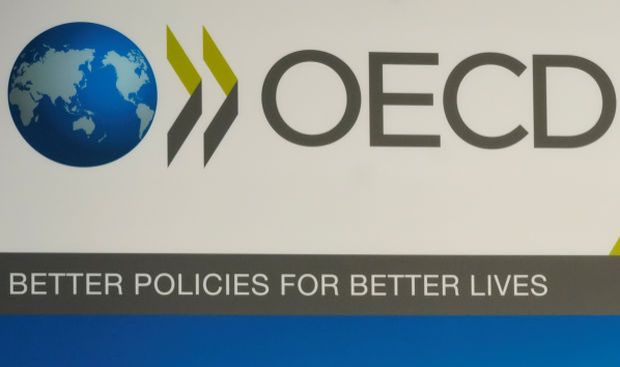NEW YORK: A global minimum tax is on the verge of becoming a reality as the Organization for Economic Co-operation and Development (OECD) has released model rules that governments can use to force the world’s biggest companies to pay the minus 15% on their profits.
The Paris-based organization drew up the rules after around 140 countries agreed to a radical tax overhaul in October.
The first of the two so-called pillars of this agreement would reallocate profits to be taxed where multinationals operate, while the second concerns the minimum tax.
“The model rules published today (yesterday) are an important step in developing a two-pillar solution, converting the foundations of a political agreement reached in October into binding rules,” said Pascal Saint-Amans, the OECD’s top tax official. said in a statement.
Political leaders hailed the October package as a “revolution” that would reduce tax avoidance and stop a race between governments to deliver ever-lower rates that has eroded public finances in recent decades.
According to the OECD, the minimum tax pillar could generate around US$150 billion (RM627 billion) a year in additional revenue for countries around the world.
Still, there are new question marks over whether new rules will ever be fully enacted after Democratic US Senator Joe Manchin said on Sunday he would vote against a package including Washington’s version of the tax minimum.
The global deal was essentially a good balance between US and European interests and both sides have threatened not to follow through if the other stumbles.
Besides the minimum tax, the first pillar of the agreement also faces obstacles in the US Congress.
The OECD is still working on a multilateral convention for these rules, which would give governments around the world the right to tax the 100 largest multinationals – about half of which are American. Republicans opposed these plans.
The minimum tax, which has long had more bipartisan support in the United States, would work by creating an additional levy that governments apply when the profits of a multinational company in another jurisdiction are actually taxed at less than 15 %.
The scheme will only affect companies with a global turnover of more than 750 million euros (843 million US dollars or RM3.5 billion).
Documents released yesterday by the OECD provide further guidance on ‘exclusions’, which would allow companies to reduce their exposure to minimum tax based on tangible assets and labor costs. —Bloomberg

